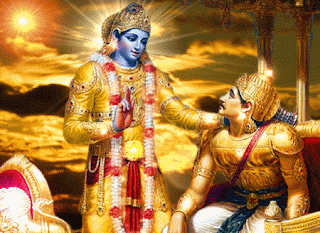
What you need to know about Shree Maharajji is that if you have accepted him in your heart, then he has already accepted you. There does not have to be a formal recognition of that. Shree Maharajji does not do formal initiation, nor is there any need to verbally state that you have accepted him as your Guru. If you have surrendered to him internally, then he is already Gracing you. You should focus on applying his teachings in your life. Practice bhakti exactly according to his instructions. Listen carefully to his speeches and you will hear many other instructions for your daily living. Apply these in your life and you will find yourself coming closer to Radha Krishn and to Shree Maharajji. The more you follow his instructions (which you hear in his speeches and read in his books), the more you will please him.
Although meeting him is not a requirement, it is certainly an amazing opportunity for a soul to meet a real Saint in person. It is a natural desire to want to meet him and speak to him and if you keep following his teachings, then maybe one day you have the good fortune to get his darshan. If you keep listening to his speeches and applying his teachings, a day will come when you will feel that it is very important to meet him and you will go and meet him. I hope that day comes soon for you.
Swami Nikhilanand, JKP Radha Madhav Dham. © 2011. All rights reserved.
Swami Nikhilanand, JKP Radha Madhav Dham. © 2011. All rights reserved.





